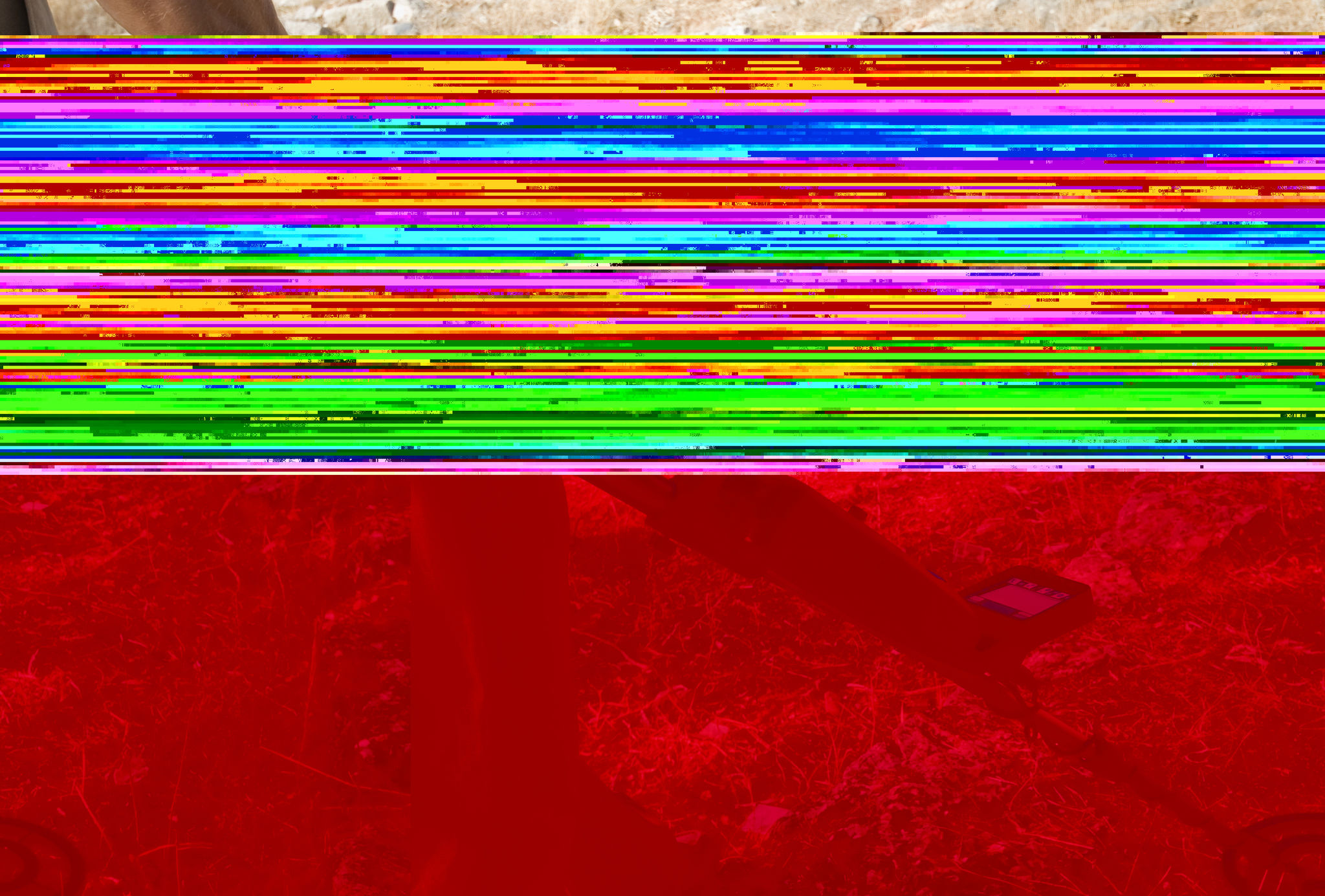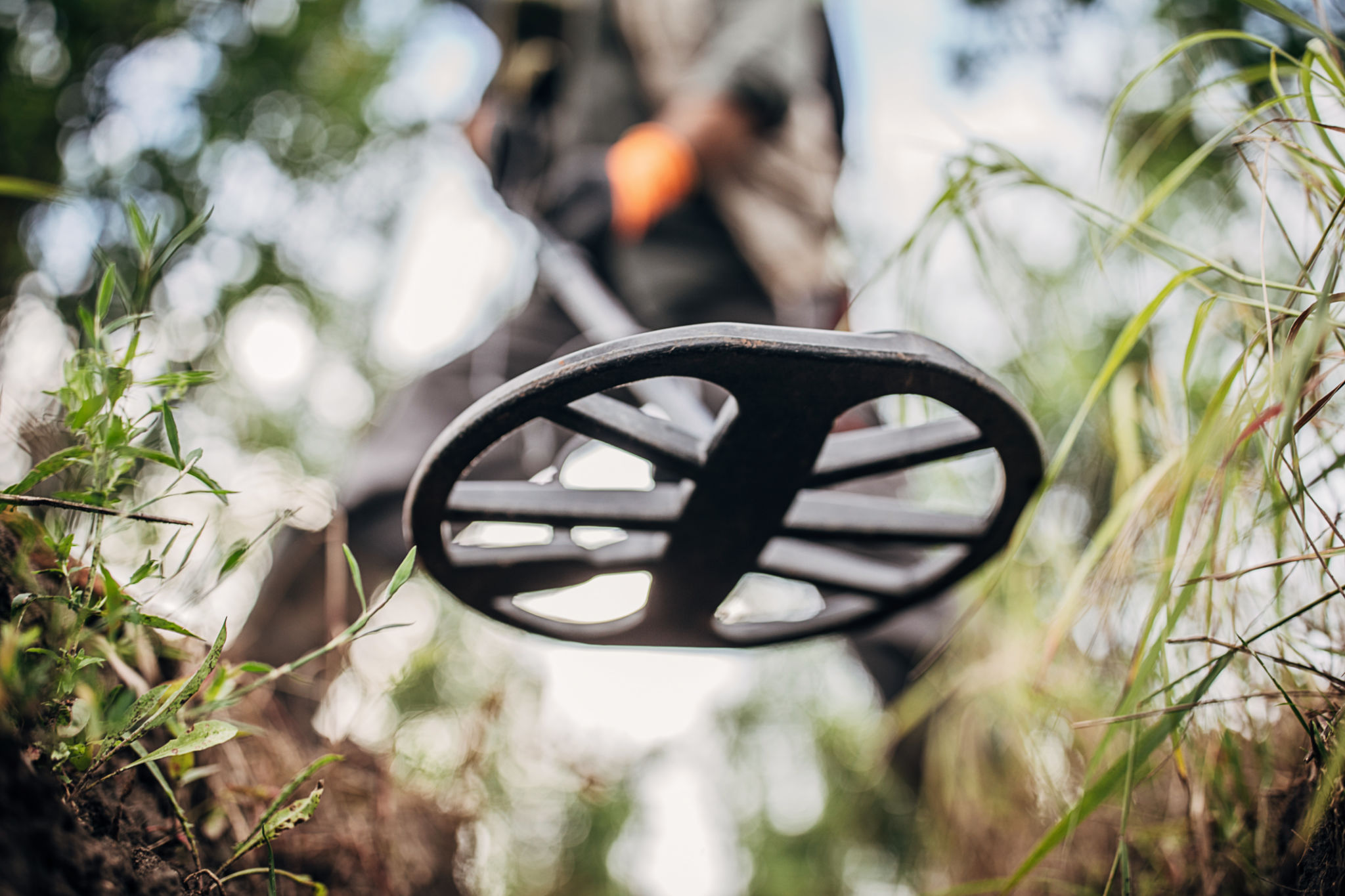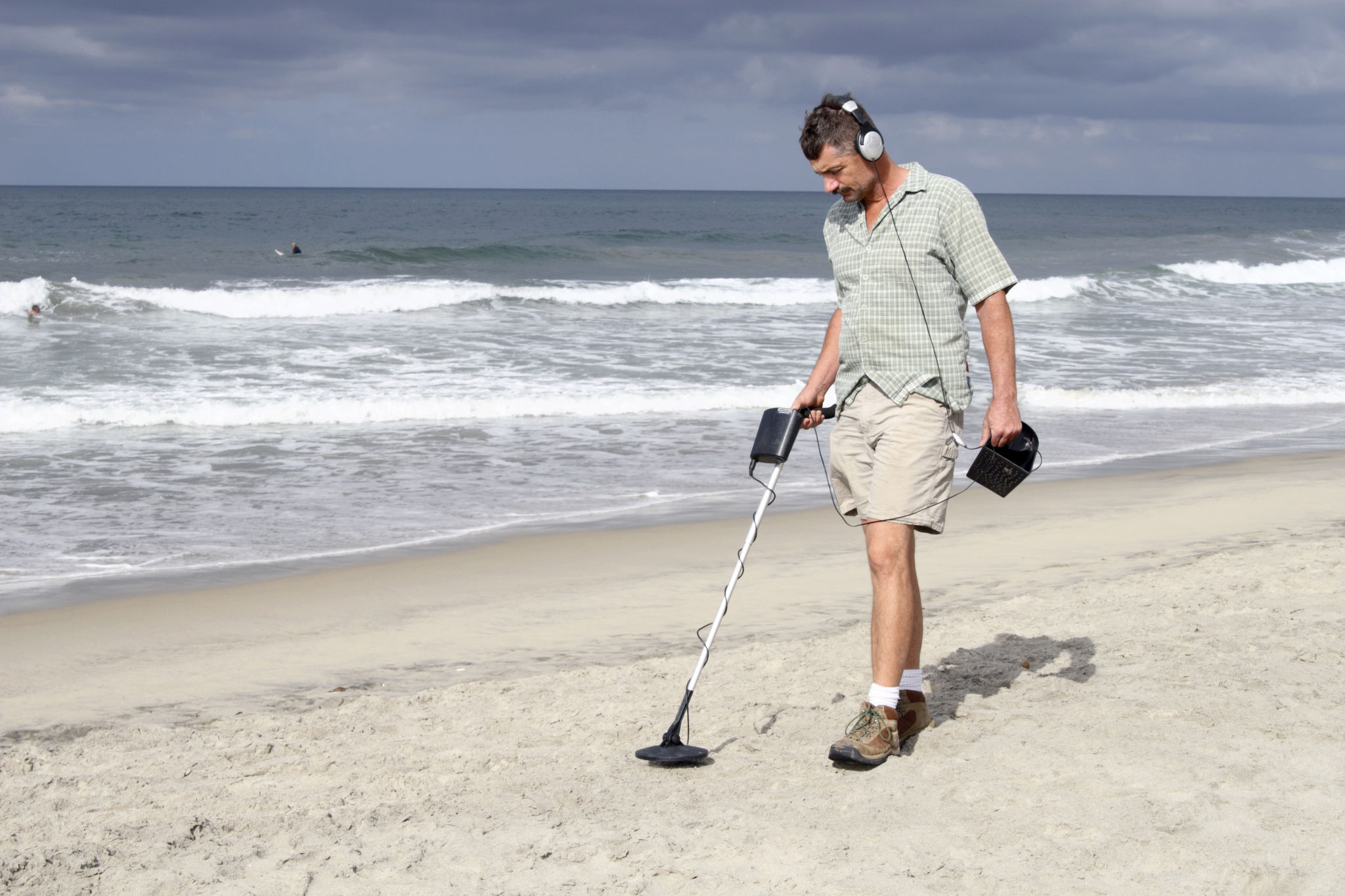Comparing Metal Detector Coils: Which is Right for Your Search?
MM
When diving into the world of metal detecting, choosing the right coil for your detector can significantly impact your success. With various options available, understanding the differences between metal detector coils and selecting the right one for your specific search needs is crucial.
Understanding Coil Types
Metal detector coils come in several shapes and sizes, each designed for specific applications. The most common types are concentric coils, double D (DD) coils, and mono coils. Each type has its unique strengths and weaknesses, making them more suitable for certain environments and treasure hunting goals.
Concentric coils are known for their ability to pinpoint targets accurately. These coils excel in areas with minimal ground mineralization, as they provide a more focused electromagnetic field. On the other hand, double D coils are favored for their ability to cover larger areas quickly and perform well in mineralized soils, thanks to their overlapping search patterns.

Size Matters: Small vs. Large Coils
The size of the coil also plays a significant role in your metal detecting experience. Smaller coils, typically ranging from 5 to 8 inches in diameter, are perfect for detecting in areas with heavy trash or dense vegetation. Their smaller size offers better target separation and maneuverability.
Larger coils, often 11 inches or more, are designed for covering extensive areas more quickly. They have a greater depth range, making them ideal for searching large fields or beaches. However, they may struggle in heavily littered locations due to reduced target separation.

Choosing the Right Coil for Your Environment
Your search environment can greatly influence which coil is best suited to your needs. Each environment presents its challenges, whether it's the park, beach, or rocky terrain. Here's how to match your coil to your location:
- Parks and Yards: Opt for a smaller concentric coil for better target identification amidst trash and clutter.
- Beaches: A larger DD coil can help you cover more ground quickly and handle saltwater mineralization effectively.
- Gold Prospecting: Mono coils are preferred for their depth and sensitivity, essential for finding small nuggets.

Balancing Sensitivity and Stability
Sensitivity and stability are two critical factors when selecting a coil. A highly sensitive coil can detect smaller targets at greater depths but may also pick up more ground noise and interference. Stability ensures that your detector operates smoothly without constant false signals.
Finding the right balance between sensitivity and stability is essential for a rewarding metal detecting experience. Double D coils often strike this balance well, offering good depth and stable operation in various conditions.
Conclusion: Tailoring Your Choice
Ultimately, choosing the right metal detector coil depends on your specific needs and search environments. By understanding the different coil types and their applications, you can make an informed decision that enhances your treasure hunting adventures.
Whether you're searching for coins in a park, relics in a field, or gold in rugged terrain, the right coil can make all the difference in uncovering hidden treasures. Equip yourself with knowledge and the right gear, and your next find could be just beneath your feet!